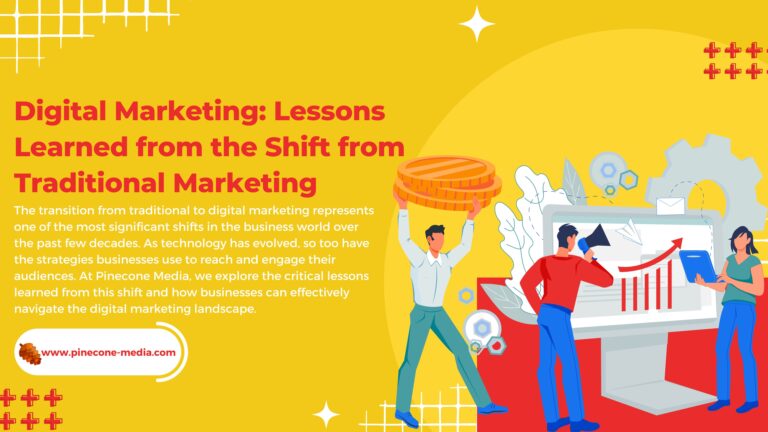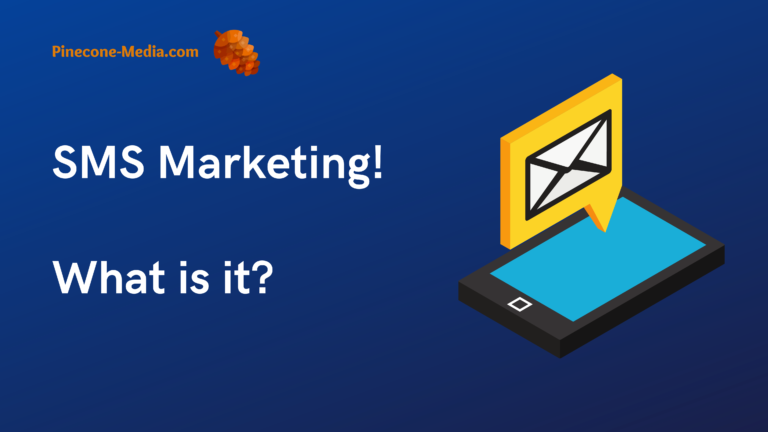Influencer marketing (or content marketing) has become an increasingly popular way for B2B companies to connect with their target audiences. However, what exactly is influencer marketing, and how can you leverage it to drive better ROI? In this blog post, we’ll explain what B2B influencer marketing is and why it’s such a great strategy for brands looking to reach their target audience.
What Is B2B Influencer Marketing?
Influencer marketing is a marketing strategy that uses social media influencers to promote products, services, and brands. Influencers are people who have a large following on social media platforms such as Instagram, Twitter and YouTube. They can share content about your brand with their audience in order to drive more traffic towards it and increase sales conversions.
Influencer campaigns are also known as “influencer collaborations” because they involve working together with someone who has an established following on Instagram or YouTube (the most common platforms used). The goal of this type of campaign is usually to increase awareness around your brand while also driving sales conversions through customer referrals made by the influencer themselves when sharing content related to yours via their own channels.
The Benefits Of B2B Influencer Marketing
Influencer marketing is a great way to reach your audience. As consumers, we’re constantly bombarded with marketing messages and advertisements that tell us how awesome a product or service is. But when it comes to business-to-business (B2B) companies, who else can speak directly to their target audience?
Influencers are people who already have credibility within their niche because they’ve been there before. When you partner with these influencers, they will share your content with their followers in order to build trust and credibility between you and potential customers. This allows you to get more organic reach than if you were just using paid ads alone!
Does B2B Influencer Marketing Work?
The answer is yes. In fact, influencer marketing has been shown to be effective in helping B2B businesses increase brand awareness, reputation and revenue.
According to a recent study by Hubspot and LinkedIn, 86% of B2B marketers are successfully using influencers in their content strategy. 70% have seen measurable ROI from these campaigns.
Here are some ways B2B brands can leverage influencer marketing
Influencer marketing is a great way to promote your brand and products. Influencers can help you reach new customers, increase brand awareness and boost sales by creating content that’s relatable or entertaining.
Here are some ways B2B brands can leverage influencer marketing:
- Promote a new product or service – If you’re launching a new product or service, it’s important that people know about it! Influencers can help spread the word about what you’re offering through their social media channels. They may even be willing to do an unboxing video for you if they’re interested in trying out the product themselves (and who wouldn’t want their followers seeing how cool this thing looks?).
- Promote an event – If there’s an upcoming event where people would naturally be interested in hearing more about what you do (like SXSW), find someone who regularly attends these kinds of events and ask them if they would be willing to share information with their followers leading up until the date arrives.
5 Tips For Leveraging Influencer Marketing
- Make sure you have a clear objective before you start.
- Find the right influencers for your product or service.
- Identify the right platform for your campaign (for example, YouTube is great for video content but not so much text-based blog posts).
- Set a budget for your campaign and stick to it! If you don’t know who’s going to pay for this project, it isn’t worth doing because it could end up costing more than its worth in time spent on creating content that doesn’t generate any leads or sales leads at all, which means no ROI from influencer marketing efforts unless there is an investment made upfront by someone else first before anything gets done on behalf of their company . This also serves as an important reminder: Always ask yourself these questions before moving forward with any new idea: “How much does this cost?” And then ask yourself again after having answered question number three above: “How much value does each piece create?”
Measuring Effectiveness And ROI
Once you’ve identified your goals and objectives, it’s time to measure the impact of your influencer marketing campaign. There are several ways to do this:
- Use a variety of metrics that are relevant to your business. For example, if one of your goals is to increase traffic on your website and increase leads by 20%, then you can use Google Analytics or other data tracking tools to track these numbers over time.
- Measure the ROI (return on investment) of an influencer campaign by comparing its performance against similar campaigns that didn’t use influencers; this will help determine whether or not it’s worth investing in again in the future.





